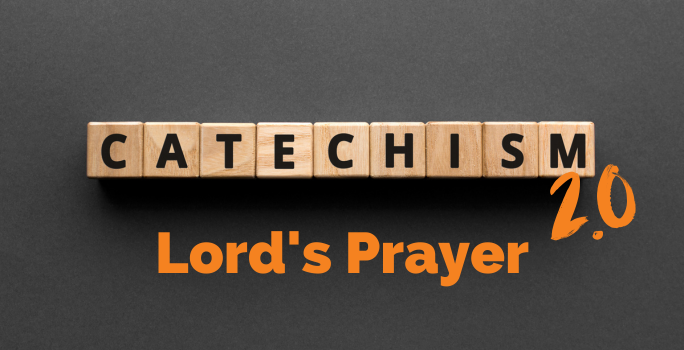Download a PDF of the Word One Bible Study for Pentecost 5B OT.
Text: Lamentations 3:22-33 for the Fifth Sunday after Pentecost, Lectionary Series B
OBJECTIVES
Participants will:
- Gain a deeper understanding regarding those things that cause hopelessness in their life.
- Grow in faith and know that only through Christ and his redeeming work can hope be found in the midst of hopelessness.
MATERIALS NEEDED
Bibles
Paper
Pencils
CD Player – Have your youth bring in examples of songs that express hopelessness. (Make sure to screen the music ahead of time to ensure the appropriateness of the music)
GROUP GUIDELINES
Divide into groups of 6-8 people. Choose as leader the person who has the largest CD collection. The leader’s sole purpose is to keep the group moving through the Bible study. One of the leader’s most important functions is to encourage the participation of all group members. Remember that group members have the freedom to pass if they do not wish to share.
BUILDING COMMUNITY
- What is a song that you listen to that has a message of deep sadness and hopelessness? What is the cause of hopelessness?
- If you were to write a song of lament, what things would you sing about?
LOOKING AT GOD’S WORD
- The name Lamentations is descriptive of the book’s contents. It is made up of five laments, which reflect upon the destruction of Jerusalem, by the Babylonians in 587 B.C. The prophet Jeremiah, who begged the people to turn from their sins to avoid the destruction of Jerusalem and the Davidic Dynasty, likely wrote this book. He was there as the Babylonians destroyed the Holy City and led many in Judah into exile into Babylon. It was as if God had abandoned his people. Now read Lamentations 3:1-12. How does the author identify with this seemingly hopeless situation?
- Now read Lamentations 3:21-26. In the midst of all of this hopelessness, what does Jeremiah call to mind that yet gives him hope?
- Read Lamentations 3:27-33. How was God’s mercy revealed to the prophet in the midst of suffering?
- In time of hopelessness, God has given us a place to turn to find hope. That place is His Word! Read the following passages. What do they say about God’s faithfulness to you? What hope do they give you?
- 1 Kings 8:56
- Psalm 89:1
- Psalm 36:5
- 1 Corinthians 1:7-9
- 2 Timothy 2:11-13
- Hebrews 2:14-18
- Hebrews 6:17-19a
- Hebrews 10:2
- Read Romans 5:1-5. In what is our hope to be grounded? How does this hope affect you and your outlook on life? How then does God use suffering in our lives?
REINFORCING WHAT HAS BEEN LEARNED
- What kinds of things make you feel hopeless? Share a time in which you felt that God had abandoned you. When have you felt that you were alone in silence, sitting in the dirt? (verses. 28-29)
- In what way does Jesus give you hope in the midst of hopelessness?
- What message of hope can we offer to people who are in despair?
Bonus Idea: Consider writing a song that communicates hope in Christ in the midst of despair.
CLOSING
Close this study by having participants pair off for prayer. Share with your partner those times in your life that you feel hopeless. Then pray together the words of Psalm 42:5-11.
by Travis Guse
Originally published in Discovery Bible Studies 12, 1999.
Updated for youthESource in June 2015









0 Comments